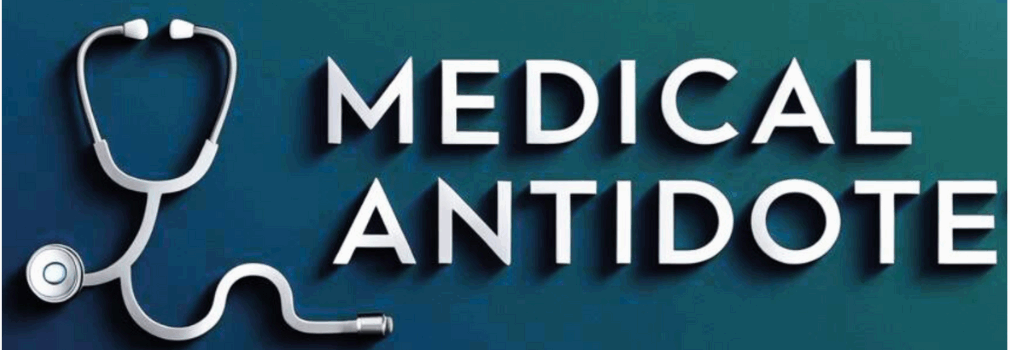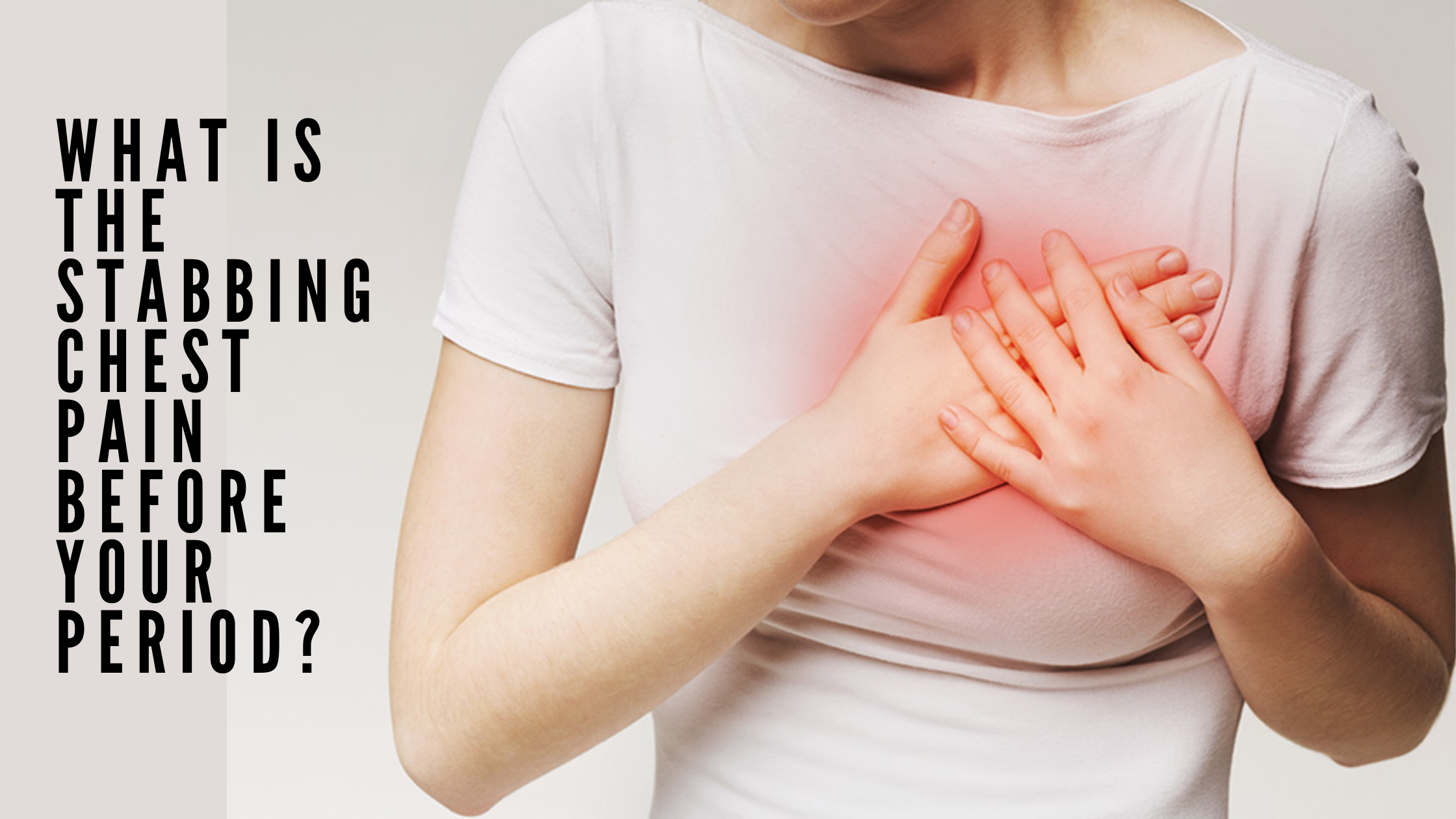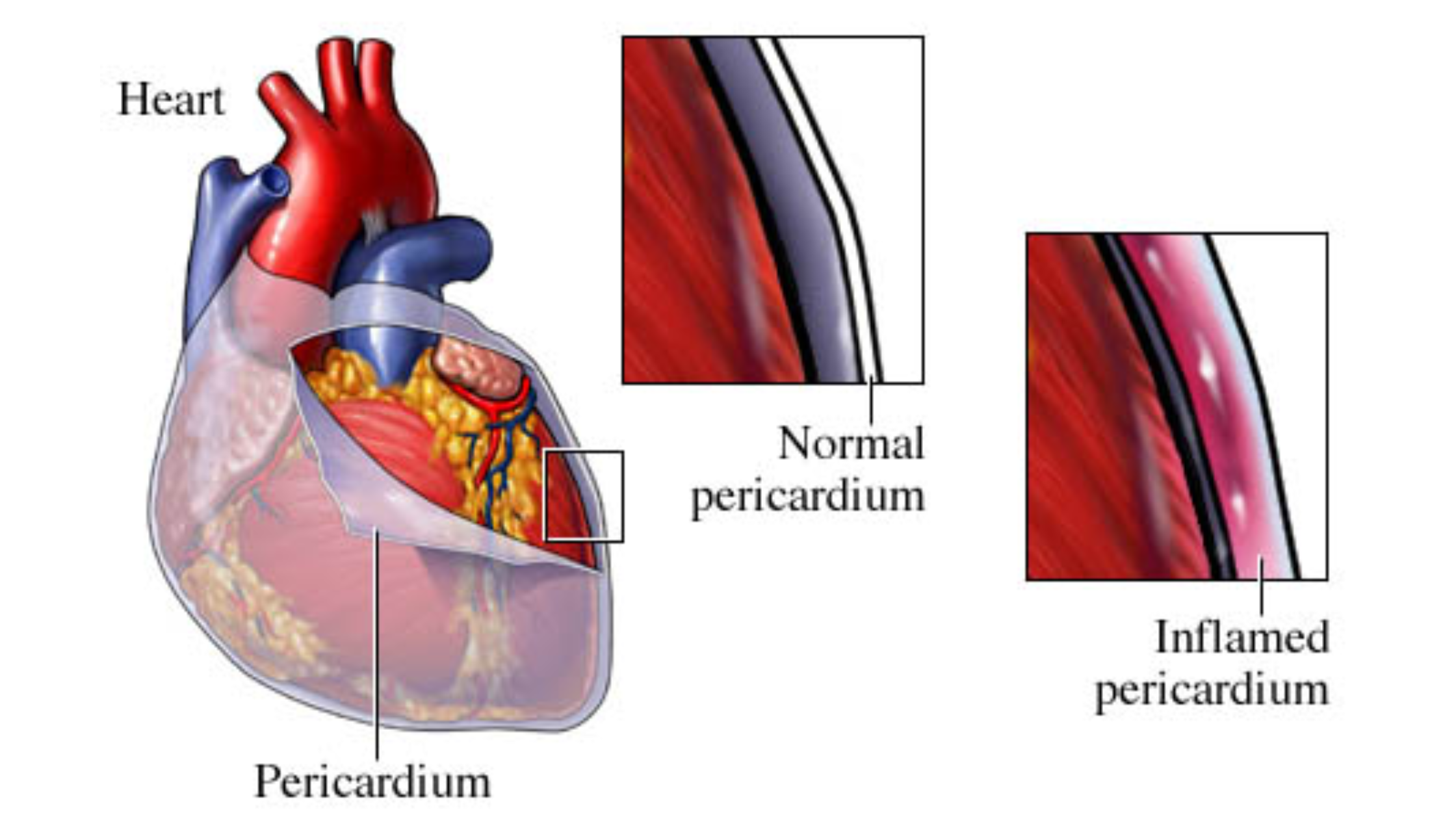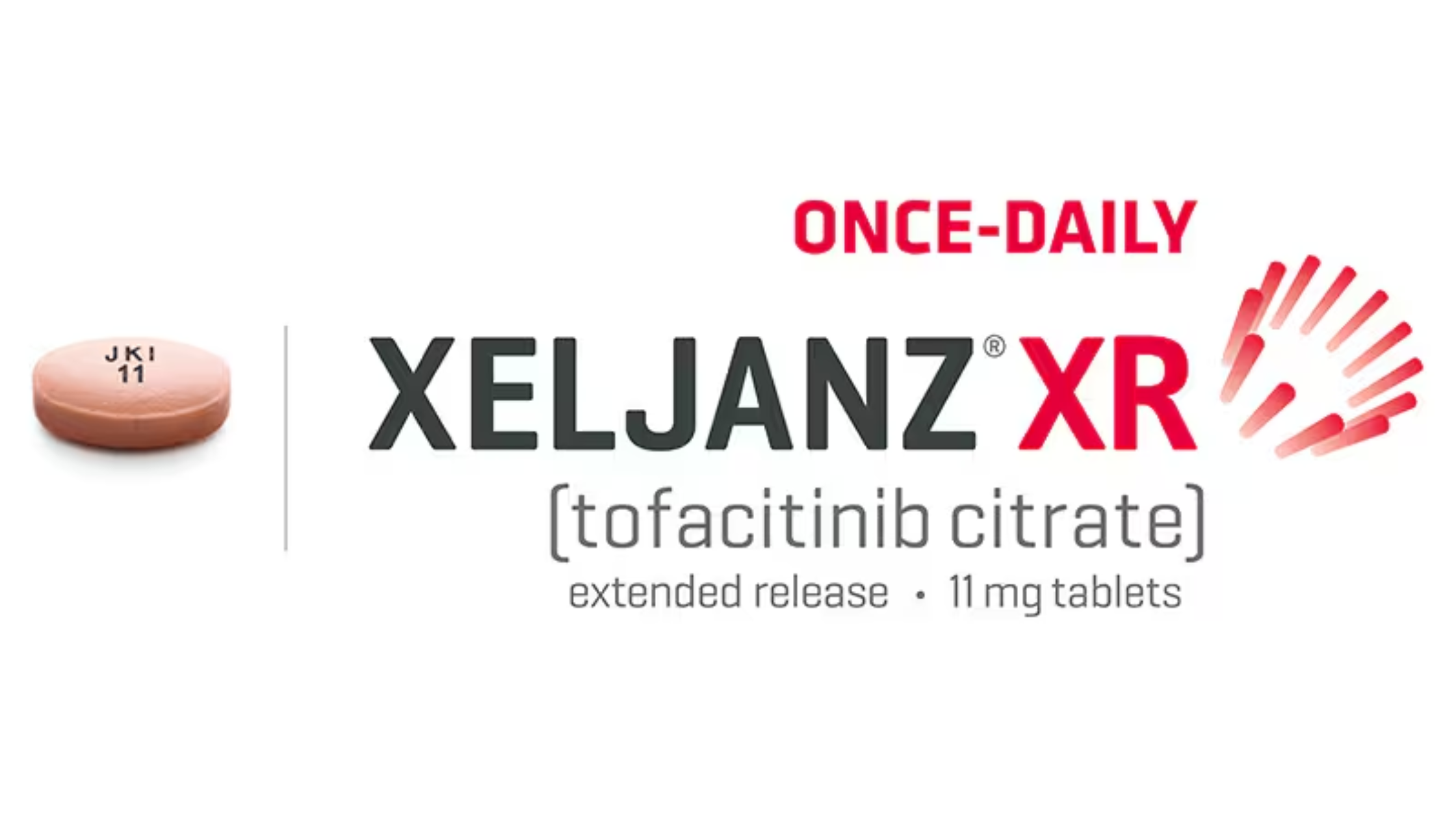Last updated on June 16th, 2025 at 09:47 am
What is the stabbing chest pain before your period or pain in chest before period? It is a question that, as a woman, you quietly ask yourself when a sharp, unexpected twinge hits the chest days before menstruation. Stabbing chest pain before your period is usually caused by hormonal changes, breast tenderness, muscle strain, acid reflux, or heightened anxiety linked to premenstrual symptoms. It’s typically harmless and resolves as your period starts, but should be evaluated if it feels severe, unusual, or persistent. In this article, we’ll unpack what causes this symptom, when to worry, and how you can manage it naturally and safely..
Chest pain before your period is one of those symptoms that can instantly spark anxiety, especially when it appears out of nowhere. And if you’ve ever experienced stabbing chest pain just before your period, you’re probably wondering what’s going on. Is it normal? Is it a heart problem? Should you be worried?
The good news is that, in most cases, stabbing chest pain before menstruation(cyclic breast pain) is not related to the heart and is usually connected to hormonal imbalance, musculoskeletal tension, or gastrointestinal changes during the premenstrual phase. In this article, we’ll unpack the possible causes, how to differentiate harmless pain from concerning symptoms, and what you can do about it.
6 Reasons Why You Get Stabbing Chest Pain Before Your Period?
Let’s be clear: chest pain isn’t a classic premenstrual symptom, but many women report feeling sharp, fleeting, or tight sensations around their chest area just before their period starts. This happens due to several physiological and hormonal changes that affect various systems in the body.
Here’s a breakdown of the most likely culprits:
1. Hormonal Imbalance in Your Body
Estrogen and progesterone levels drop sharply in the days leading up to your period. These hormonal changes don’t just affect your mood — they also influence your nervous system, muscles, and breast tissue.
As progesterone decreases, it can cause:
- Breast tenderness or mastalgia — pain that can radiate to the chest wall, causing sharp or stabbing sensations.
- Increased nerve sensitivity, making you more prone to feeling minor muscle twitches or discomfort.
- Changes in vascular tone, which might affect blood vessels in the chest region.
For many women, this type of chest pain is cyclical and resolves soon after menstruation begins.
2. Breast Pain That Feels Like Chest Pain
Premenstrual breast pain is common — about 70% of women experience cyclical mastalgia. This pain can sometimes feel sharp, shooting, or stabbing, and it’s easy to mistake it for chest pain.
How to know if it’s breast pain:
- It worsens with touch or movement.
- It’s localized to one or both breasts.
- It coincides with your menstrual cycle.
Breast pain is typically harmless and resolves naturally once your period starts.
3. Costochondritis (Chest Wall Inflammation)
Costochondritis is the inflammation of the cartilage that connects your ribs to your breastbone. It can cause sharp, stabbing pain that worsens with movement, deep breaths, or pressure on the chest.
While it isn’t directly related to your period, hormonal shifts can sometimes worsen musculoskeletal inflammation or increase sensitivity to pain during the premenstrual phase.
4. Acid Reflux and Digestive Issues
Progesterone is known to relax smooth muscles, including the lower esophageal sphincter — the valve that keeps stomach acid from rising into the esophagus. As progesterone levels drop before your period, some women experience:
- Heartburn
- Acid reflux
- Sharp chest sensations mimicking cardiac pain
This pain is often positional and worsens when lying down or after a heavy meal.
5. Anxiety and Panic Symptoms
The luteal phase (the second half of your cycle) can heighten anxiety and cause physical symptoms due to hormonal changes. If you tend to experience premenstrual anxiety, you might notice:
- Tightness in your chest
- Sharp, stabbing sensations
- Hyperventilation-induced chest discomfort
These are often brief and resolve once your period begins.
6. Musculoskeletal Pain
Hormonal fluctuations can affect your posture, muscle tone, and physical comfort. Bloating, cramping, and fatigue before your period can lead to tense shoulder and chest muscles, causing localized pain.
Sleeping in awkward positions due to discomfort or stress can also lead to sharp chest wall pain before menstruation.
When Should You Seek Medical Attention for Stabbing Chest Pain Before Your Period?
Although most cases of stabbing chest pain before a period are harmless, it’s important to know when to seek medical help.
Seek immediate care if you experience:
- Sudden, severe, or crushing chest pain
- Pain radiating to your jaw, neck, back, or left arm
- Shortness of breath
- Dizziness or fainting
- Nausea or vomiting
- A history of heart disease or risk factors like smoking, hypertension, or diabetes
While heart issues are rare in young, menstruating women, it’s always safer to rule them out if your symptoms feel abnormal.
How to Manage Stabbing Chest Pain Before Your Period
If your stabbing chest pain is mild, short-lived, and seems linked to your cycle, here are practical ways to manage it:
1. Track Your Symptoms
Use a cycle tracking app or diary to note when the pain occurs, its intensity, location, and any accompanying symptoms. This can help identify if it’s hormonally linked.
2. Apply Warm Compresses
A warm towel or heating pad placed over the chest or breast area can help ease musculoskeletal tension and reduce sharp pain.
3. Try Gentle Stretching and Yoga
Activities like chest-opening stretches, deep breathing exercises, or gentle yoga can alleviate muscle tightness in the chest wall.
4. Adjust Your Diet
Limit caffeine, alcohol, and salty foods in the week leading up to your period to reduce fluid retention and inflammation that can worsen pain.
5. Address Anxiety
If anxiety tends to spike before your period, practice mindfulness, guided meditation, or breathing exercises. In some cases, a healthcare provider might recommend medication or therapy.
6. Magnesium and Evening Primrose Oil
Some studies suggest that magnesium supplements and evening primrose oil may reduce cyclical breast pain, which could indirectly ease associated chest discomfort. Always consult your doctor before starting supplements.
Could It Be a Heart Problem?
While it’s natural to fear the worst when experiencing chest pain, cardiac chest pain typically feels different.
Heart-related pain usually:
- Feels like pressure, tightness, or squeezing
- Occurs with physical exertion or stress
- Lasts longer (more than a few seconds)
- May radiate to other areas
In contrast, stabbing or sharp chest pains that come and go, especially if related to your period, are usually non-cardiac.
That said, if you’re over 40, have risk factors, or are unsure about your symptoms, always err on the side of caution and consult a doctor.
Final Thoughts
Stabbing chest pain before your period can feel alarming, but it’s usually due to benign causes like hormonal changes, breast tenderness, muscle strain, acid reflux, or anxiety.
While it’s typically harmless and resolves on its own, being aware of the signs of serious conditions is essential. Track your symptoms, practice gentle self-care, and don’t hesitate to seek medical advice if something feels off.
Your health is always worth checking on — even if it turns out to be nothing serious.
Frequently Asked Questions
1. Is it normal to have chest pain before your period?
Yes — while not a classic PMS symptom, many women report mild chest discomfort or sharp, stabbing sensations due to hormonal shifts, breast tenderness, or muscle strain.
2. Can hormonal changes cause stabbing chest pain?
Yes. Fluctuations in estrogen and progesterone affect breast tissue, blood vessels, and nerves, potentially leading to cyclical chest discomfort.
3. How do I know if my stabbing chest pain is heart-related?
Cardiac chest pain typically feels like heavy pressure or squeezing, occurs with exertion, and may radiate to the jaw or arm. If unsure, seek medical evaluation.
4. How can I relieve stabbing chest pain before my period?
Warm compresses, gentle stretching, magnesium, reducing caffeine and stress, and tracking your symptoms can help ease discomfort.




